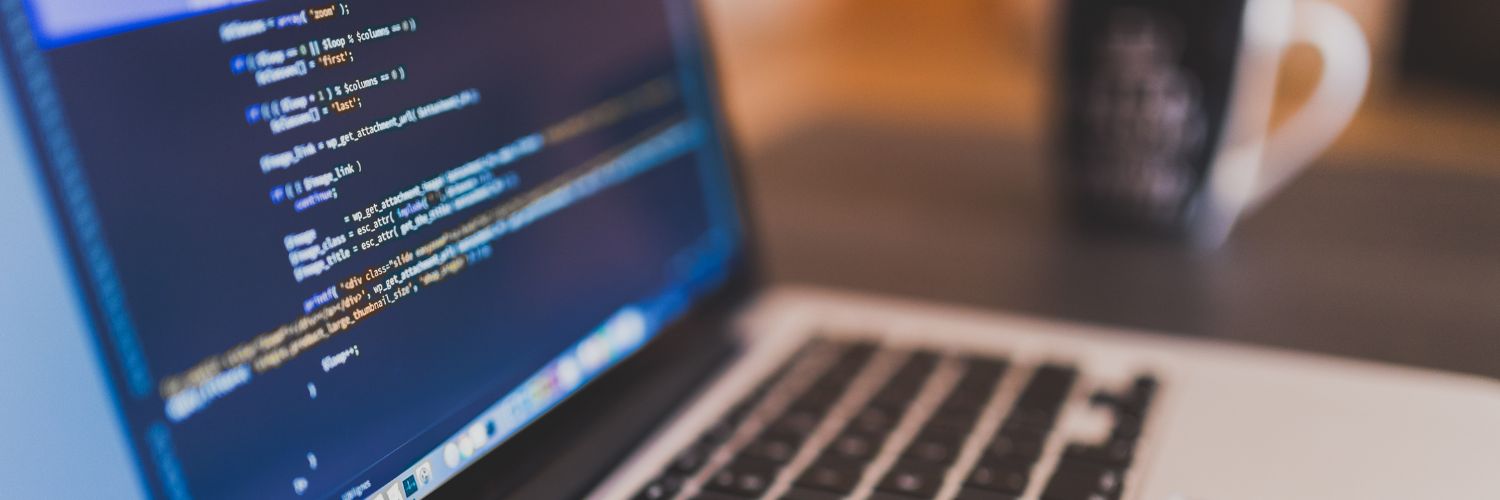Unlicensed Software Use — Legal Implications and Preventive Measures

The Royal Spanish Academy defines software as “a set of programs, instructions, and computer rules designed to perform specific tasks on a computer.” Accordingly, software can be understood as the intangible component of a computer system, in contrast to its physical elements, collectively referred to as hardware.
Software Licenses and Legal Protection in Argentina
A software license is the legal instrument through which a service provider grants users the rights to use or exploit software, typically including various prohibitions and limitations designed to prevent the unauthorized distribution or commercialization of copies.
In Argentina, software programs are protected under copyright law (Law No. 11,723 and the Berne Convention, Law No. 25,140). Using software without proper authorization (i.e., without a license) constitutes a violation of the rights of the copyright holder. Such infringement is a legal offense that may carry both civil and criminal consequences, including financial compensation and/or imprisonment (Articles 172 of the Criminal Code, Articles 71 to 81 of Law No. 11,723).
Copyright: Intellectual Property Rights in Software and Legal Implications
The aforementioned regulations protect the author by granting the exclusive right to exploit their work in any form—especially the rights of reproduction, distribution, public communication, and transformation—all of which require authorization through a valid license.
Therefore, given the legal protection afforded to software as intellectual property, its use without a valid license carries significant legal consequences, both civil and criminal.
Criminal Sanctions
Article 172 of the Argentine Criminal Code provides: “Anyone who defrauds another by using a false name, assumed identity, forged credentials, fictitious influence, breach of trust, or by simulating assets, credit, commission, business, or using any other form of deceit, shall be punished with imprisonment from one month to six years.”
Civil Sanctions
The rights holder may request the immediate cessation of unauthorized use and seek monetary compensation. In determining damages, courts may consider the nature of the software, its market value, the number of infringements, and the benefits gained by the infringer, among other factors.
Software Protection: Preventive Measures
The National Institute for Cybersecurity (INCIBE) has issued a set of recommendations to ensure the lawful use of software. Companies should adopt an internal policy tailored to their specific needs, including at minimum the following:
- An updated software license inventory, recording details such as product name and version, developer, acquisition date, license duration, number of authorized users, etc.
- Defined responsibilities for installation, updates, and removal of software, ensuring that only authorized personnel carry out these tasks. If external staff is involved, documentation is advised.
- Awareness and training to educate personnel about the legal consequences of using unlicensed software under intellectual property law.
- A centralized software repository, facilitating quick and secure installations with clear access to activation keys, serial numbers, and license documentation.
- Regular audits of the software installed on company devices.
- Verification of license compliance.
- A strict no-copy policy for available software without prior authorization.
The technological transformation of recent decades has underscored the need to enhance security measures for both users and companies, in order to mitigate the risk of severe consequences.
For companies, using properly licensed software is a fundamental requirement—not only for cybersecurity reasons, reducing the risk of breaches—but also for compliance with intellectual property regulations, helping avoid substantial civil or criminal penalties.
